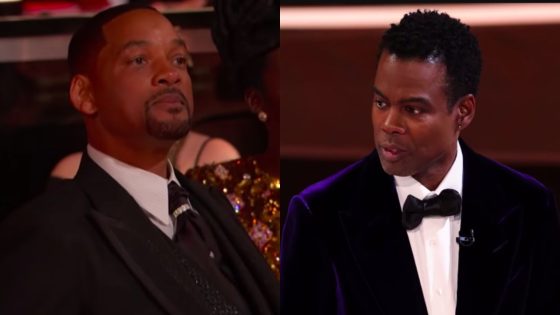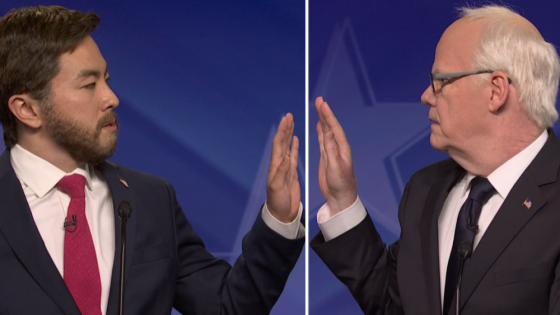As the NFL challenges last month’s jury verdict in the Sunday Ticket antitrust class action, it is also taking steps to ensure NFL owners don’t need to radically change broadcasting arrangements or post what might be a multibillion-dollar bond to be able to appeal.
On Tuesday, attorneys for NFL teams filed objections to a proposed judgment offered by plaintiffs’ attorneys on July 2. The plaintiffs, who consist of more than 2.4 million residential subscribers and more than 48,000 restaurants, bars and other commercial establishments that purchased Sunday Ticket from 2011 to 2023, urge U.S. District Judge Philip Gutierrez to declare that the NFL owes the residential subscribers $13.8 billion and the commercial establishments $291 million. These figures represent the tripling of the jury’s awards to residential subscribers and commercial establishments ($4.6 billion and $97 million, respectively).
More from Sportico.com
Antitrust law calls for private plaintiffs who successfully bring antitrust cases to recover treble damages. The underlying logic: forcefully deter anticompetitive conduct and punish wrongdoers beyond making them pay for the harm they inflicted. Critics of trebling contend it leads to gratuitous and unearned windfalls for plaintiffs and their attorneys and is excessively punitive in a legal system that is supposed to prioritize fairness.
As Sportico explained Monday, the NFL has raised multiple arguments to Gutierrez in hopes of convincing him to issue a judgment for the league in spite of the jury’s ruling or at least lower the damages awarded.
The NFL contends the jury misunderstood key economic terms, including by confusing “overcharge” with “discount,” and invented a mathematical formula to calculate damages that the plaintiffs’ attorneys didn’t even propose. The NFL’s latest filing revisits those arguments and asks Gutierrez to not issue an order until there are further deliberations.
The NFL also argues that before judgment is entered, Gutierrez must determine how the damages amount—whatever the amount ends up being, assuming damages are ordered—is apportioned among class members. Gutierrez, the NFL maintains, needs to establish applicable formulas and principles as to how much each class member gets. Relevant factors could include how many years someone subscribed to the Sunday Ticket and how much they paid for it (with discounts and annual price changes, class members paid in some cases vastly different amounts).
In addition, the NFL warns while the plaintiffs seek injunctive relief that would presumably compel the NFL and its teams to alter the Sunday Ticket so that cheaper and smaller packages are available—perhaps instead of buying access to all games, fans might be able to buy access to games only in a conference or division—the court hasn’t indicated what changes, if any, are required.
The NFL maintains the same set of legal arguments apply to damages and injunctive relief. If Gutierrez issues a judgment on the damages, but not on injunctive relief until sometime later, the NFL says that timing discrepancy would cause “piecemeal appeals,” with the NFL appealing damages and later, separately, appealing injunctive relief. The NFL cites case precedent discouraging courts from compelling “duplication of work and needles expense” for the parties.
Lastly, the NFL is clearly worried about the role of posting a bond.
If the NFL can’t convince Gutierrez to side for it, it will appeal to the U.S. Court of Appeals for the Ninth Circuit. In that scenario, the NFL will almost certainly need to post a bond, meaning set aside the amount of money it could owe in damages.
The purpose of a bond is to ensure the defendant can actually pay what it owes before it spends more money on attorneys’ fees to wage an appeal. A bond can become crucial in instances where the defendant goes bankrupt during an appeal since it makes it more likely the plaintiff is paid. Often a bond is set at the value of the damages, although Gutierrez has discretion in determining the amount. If Gutierrez determines the total damages, after trebling, are $14.1 billion, he could order the NFL to post that amount.
Making matters potentially worse for the NFL, judgments are usually enforceable 30 days after entry. If Gutierrez orders the NFL to pay an enormous figure, the plaintiffs could seek to collect after 30 days. The NFL, in other words, would need to come up with a massive amount of money fairly quickly to post a bond in order to appeal.
The NFL argues to Gutierrez that this situation is extremely problematic and unjust.
“The potential difficulty and actual prejudice of any bond requirement cannot be overstated,” the league writes, “and the premium alone would be significantly prejudicial to Defendants given the unwarranted size of the verdict.” Along those lines, the NFL contends “the need to post a bond should never arise at all . . . given the many deficiencies” in the plaintiffs’ case, and “certainty not on an unnecessarily expedited schedule.”
The parties will meet with Gutierrez on July 31. There are many ways the litigation could play out, including the parties reaching a settlement before the hearing takes place.
Assuming they don’t settle, the “best-case” scenario for the NFL would be Gutierrez agreeing that the jury fumbled the case and issuing a judgment for the NFL.
The “worst-case” scenario for the NFL? Gutierrez honoring the jury’s decision, trebling the damages and telling the NFL that if it wants to appeal, it needs to come up with $14.1 billion.
In between those scenarios are many possibilities, including Gutierrez dramatically lowering the damages figure and/or requiring the NFL to post a smaller bond. Given that the NFL and its teams have sizable resources and there is a 0% chance of the league and teams going bankrupt during an appeal, a smaller bond might be appropriate.
NFL commissioner Roger Goodell doesn’t appear too worried, at least not yet. On Thursday he told CNBC the league “obviously disagree[s] with the jury verdict,” but added, “it’s a long process” and “we feel very strongly about our position, our policies, particularly on media, that we make our sport available to the broadest possible audience.”
Best of Sportico.com
Source Agencies


